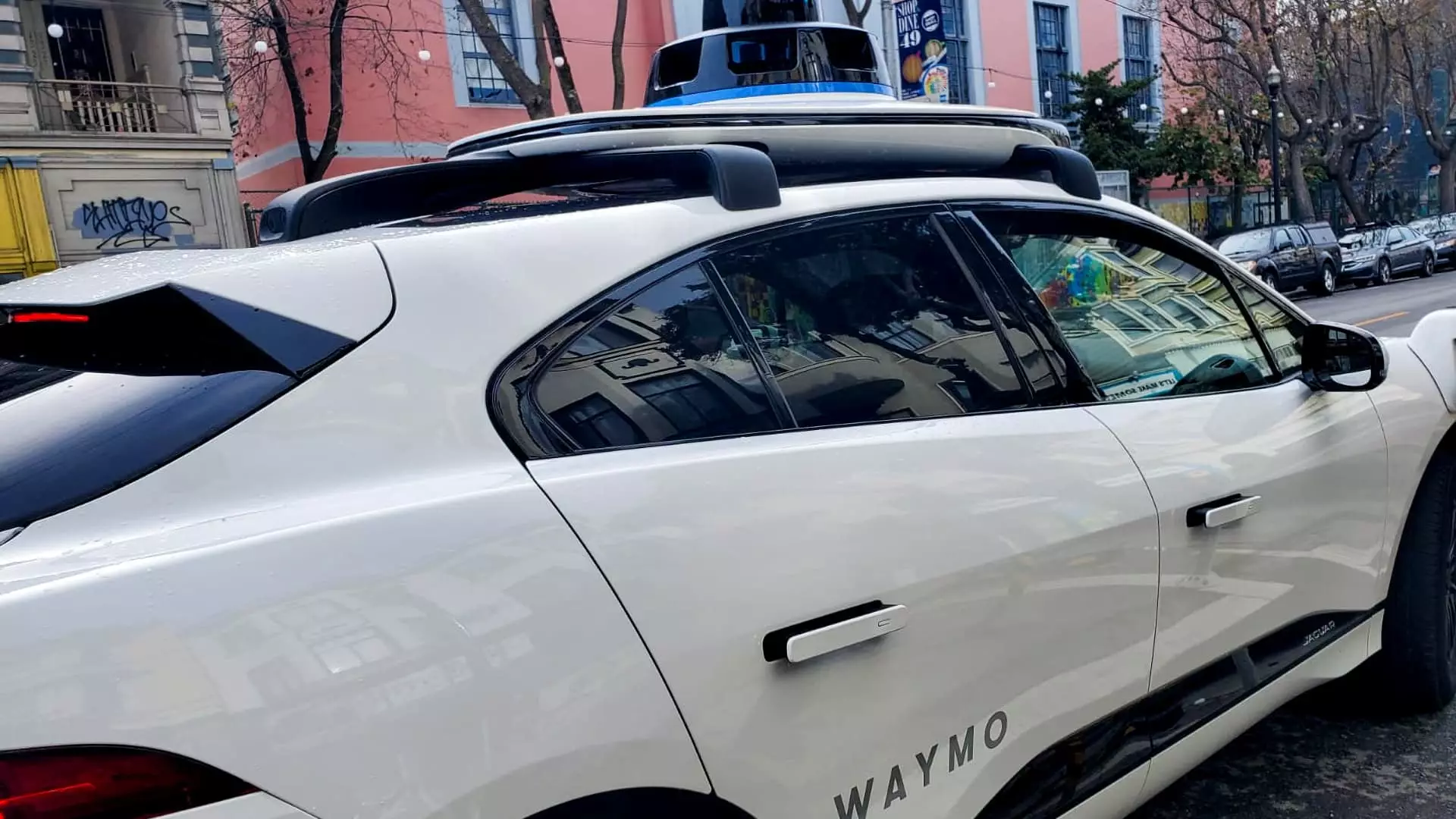In a bold move signaling its aspirations for global influence, Waymo, the autonomous vehicle subsidiary of Alphabet, announced its plans to initiate tests in Tokyo starting early 2025. This marks a significant transition for the company, moving beyond the familiar terrains of the United States and venturing into the depths of Japan’s capital city. While Waymo has yet to confirm the commencement of commercial services in Tokyo, the partnership with Japan’s largest taxi operator, Nihon Kotsu, and taxi app GO lays a strategic foundation for future endeavors.
The endeavor isn’t merely an effort to plant another flag in international soil; it’s a calculated response to the evolving urban landscape and a growing demand for intelligent transportation solutions. Japan’s dense urban environment, coupled with the ongoing challenges stemming from an aging population, sets the stage for innovations in autonomous vehicle technology.
The testing phase will kick off with Nihon Kotsu drivers manually operating Waymo’s Jaguar I-PACE vehicles. This initial step is crucial as these drivers will gather vital data by traversing key districts in Tokyo, including Minato, Shinjuku, Shibuya, Chiyoda, Chūō, Shinagawa, and Kōtō. Such groundwork serves a dual purpose: it not only facilitates detailed mapping of the city, essential for optimizing Waymo’s AI systems, but it also ensures that the local intricacies of traffic patterns and pedestrian behavior are understood.
Simultaneously, Waymo has committed to testing its self-driving technology on a closed course in the U.S. that simulates Japanese driving conditions. This comprehensive approach reflects the company’s intent to leave no stone unturned as they prepare for the complexities of Tokyo’s transport infrastructure.
Waymo’s statement highlighted the importance of collaboration with local stakeholders, including government officials and community groups. This strategy not only demonstrates a respect for the cultural nuances of Tokyo but also signifies Waymo’s recognition that for its technology to thrive, it must integrate seamlessly into the fabric of the city’s transportation ecosystem. The company seeks to learn and adapt, pledging to become a valuable component of Tokyo’s transit environment rather than an intrusive foreign entity.
With Nihon Kotsu entrusted to oversee the management and maintenance of Waymo’s vehicles, this collaboration positions Waymo to benefit from local expertise while adding to Japan’s existing transportation framework. In an age where technological advancement must coincide with societal needs, this partnership symbolizes an enlightened approach to innovation.
Contextualizing Waymo’s Expansion in a Competitive Landscape
The announcement at a time when General Motors decided to halt its Cruise robotaxi division speaks volumes about the competitive landscape of autonomous technology. While other companies reassess their strategies, Waymo’s carefully crafted method—relying on data collection and local partnerships—positions it favorably. Besides, the company isn’t resting. Recent expansions in the U.S., including new testing zones in Miami and existing services in Los Angeles and forthcoming initiatives in Austin and Atlanta with Uber, show a robust and dynamic growth strategy that underpins Waymo’s ambitions.
Moreover, the Japanese government’s supportive stance towards autonomous vehicles—particularly in light of the country’s demographic challenges—creates fertile ground for Waymo’s technology. Test zones designated by Tokyo authorities set the stage for innovation while addressing real societal needs.
Waymo’s entry into the complex and nuanced Tokyo market marks a pivotal chapter not only for the company itself but also for the broader landscape of autonomous vehicle technology. As the company embarks on this journey, its philosophy of integrating local expertise and fostering partnerships will be crucial. Through careful planning and execution, Waymo aspires to redefine transportation in one of the most congested and vibrant cities globally. As we look toward early 2025, the developments in Tokyo will be closely watched, not just for their impact on the city but possibly for the directions they may set in the world of autonomous vehicles. The roadmap set forth could serve as a model for other urban centers as they grapple with the pressing need for innovative transportation solutions.

